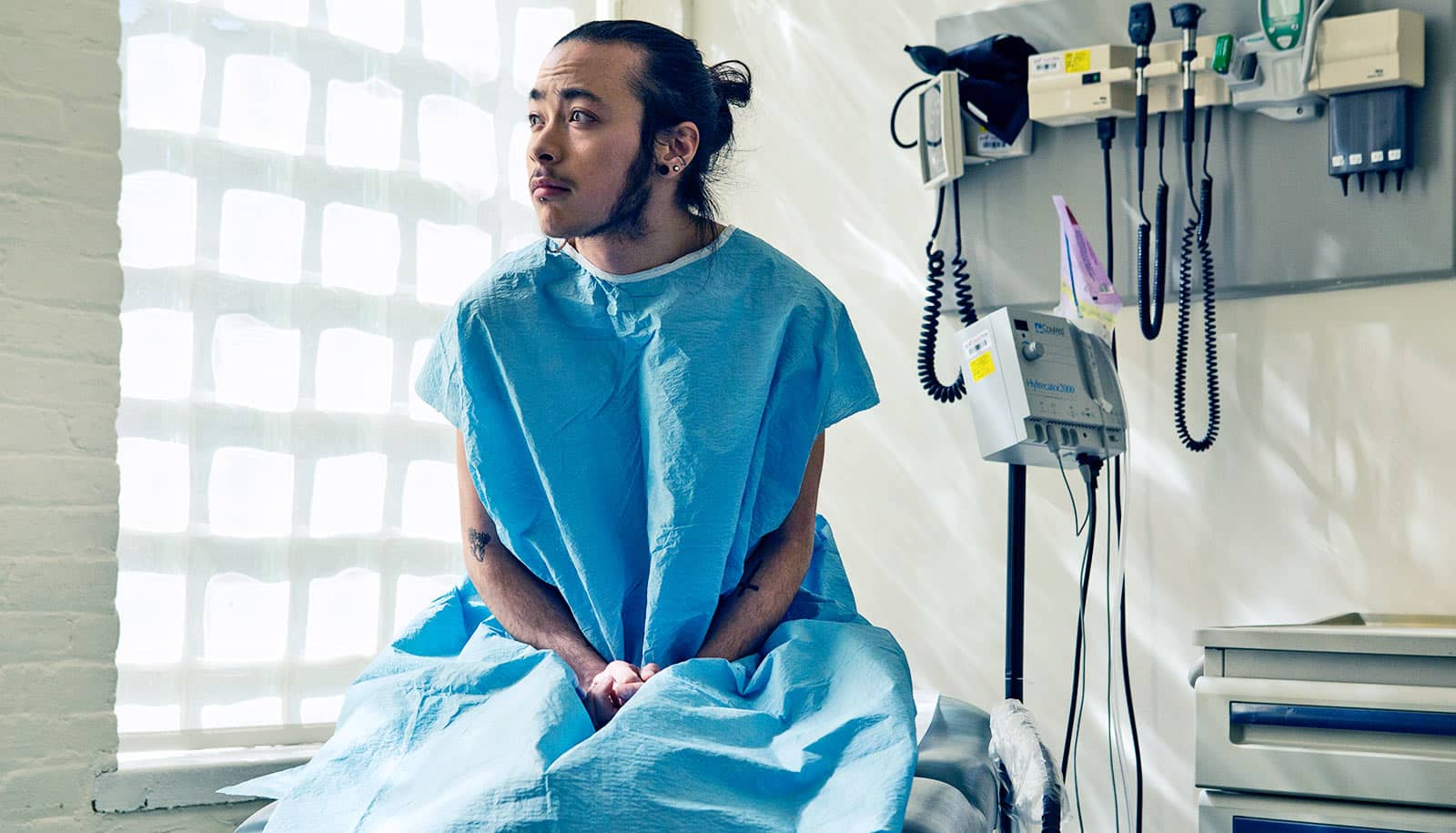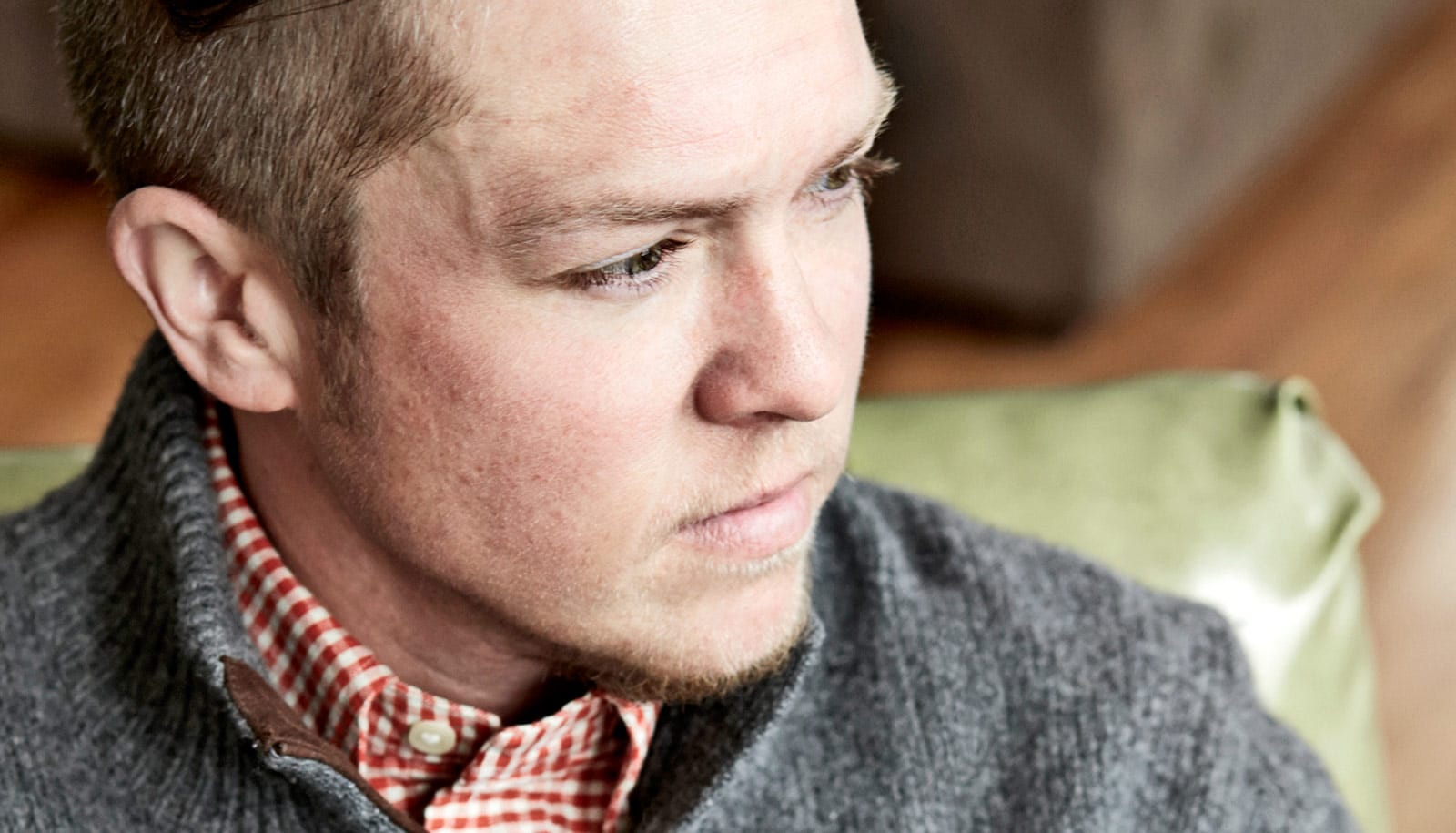A new app called TranZap aims to connect trans people with gender-affirming health care providers.
The TranZap, the first of its kind in the area of health care technology, will collate shared experiences, either good or bad, of health care providers that trans people have visited. Other trans patients will rate and review these experiences, building a platform to provide the necessary information to make better-informed decisions about whom to see for medical needs.
There will also be a referral program where health care providers can refer their patients to provide feedback on their service on the app.
The app is set to beta launch in October.
“As a transgender person myself, it has been daunting navigating the health care system with many providers who still need to be educated on the basic medical needs of trans individuals,” says app co-creator Taylor Chiang, a second-year medical student at the Rutgers Robert Wood Johnson Medical School.
“This can make it difficult and stressful for many trans patients, and I hope that this app will help provide the needed resources to help direct people to the right gender-affirming HCP.”
According to a recent survey report published by the Center for American Progress, 62% of transgender people said they worried about being judged because of their sexual orientation or gender identity when seeking health care.
The COVID-19 pandemic worsened some health care disparities that already existed. Although the Biden administration reversed the previous government’s federal law to discriminate against individuals based on gender identity or sexual orientation, discrimination among these patients in the health care system is still widespread.
Collaborators on the project include Rutgers, the PROUD Gender Center of New Jersey, other transgender outreach groups, and co-founder Eli Lucherini of Princeton University.
Source: Rutgers University



